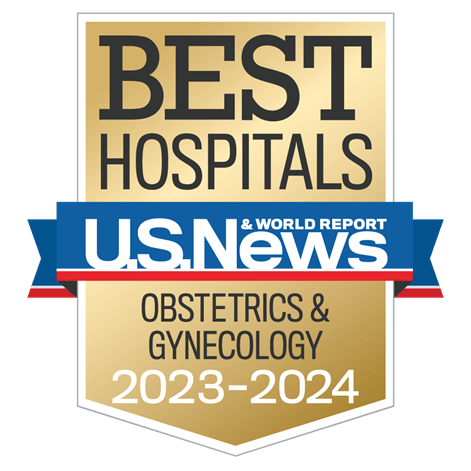Managed by a maternal fetal medicine specialist in our high-risk obstetrics practice, the STEPP clinic program’s approach is to stabilize your drug use by replacing illicit drugs with managed, prescribed medications.
This treatment, combined with an emphasis on compassionate, nonjudgmental care, is designed to see you safely through pregnancy, delivery and follow up, including recommendations for continued rehabilitation or maintenance medication programs.
Because babies whose mothers abuse drugs and alcohol during pregnancy have higher risk factors for abnormalities, malformations, low birth weight and other complications, we place a special emphasis on providing comprehensive, thorough monitoring of moms and babies.
In close collaboration with an Ohio State pharmacist, and through personal interviews and observation, we are able to better manage the selection of your medications and dosage to help minimize acute phases of withdrawal.
In addition, we coordinate with the neonatologists at Nationwide Children's Neonatal Intensive Care Unit (NICU) at Ohio State's Wexner Medical Center to prepare for your baby’s care immediately after delivery. These specialists are experienced in providing compassionate care to babies in withdrawal, as well as addressing any special needs your baby may have.

